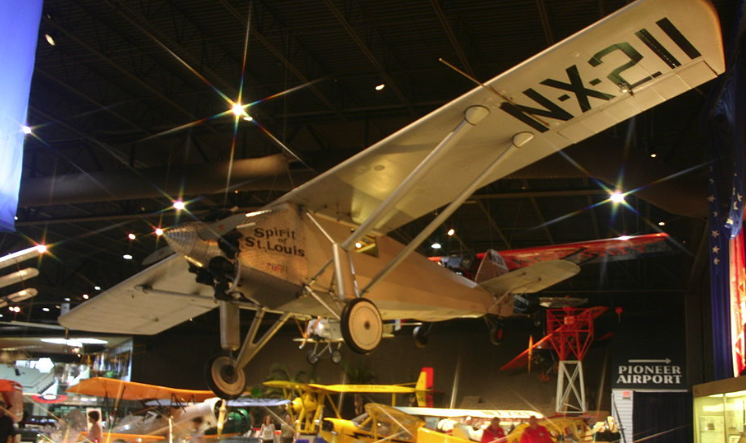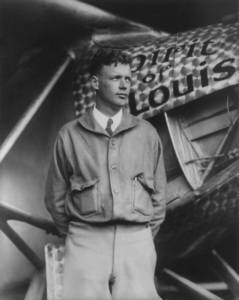Charles Lindbergh: The Aviator Who Redefined Air Travel
In the annals of aviation history, one name shines brighter than most – Charles Lindbergh. His pioneering spirit, daring achievements, and profound impact on aviation and culture make him an enduring icon. Join us as we journey through the life and legacy of this aviation hero.
The Lindbergh Legend Takes Flight
Charles Augustus Lindbergh, born on February 4, 1902, was more than just a pilot. He was an American aviator and military officer who left an indelible mark on the world of flight. However, it was his historic solo nonstop transatlantic flight in 1927 that catapulted him to international stardom.
On May 20-21, 1927, Lindbergh accomplished the seemingly impossible: a solo flight from New York City to Paris, covering a staggering 3,600 miles (5,800 km). For 33.5 hours, he navigated the skies alone, a feat that had never been achieved before. The aircraft he piloted, the “Spirit of St. Louis,” was custom-designed and built by the Ryan Airline Company, specifically to compete for the prestigious Orteig Prize, awarded for the first flight between these two iconic cities.
 While this wasn’t the first transatlantic flight, it was the first solo transatlantic journey, and it surpassed the previous record by nearly 2,000 miles (3,200 km). Lindbergh’s remarkable accomplishment marked a pivotal moment in aviation history, ushering in a new era of global air transportation.
While this wasn’t the first transatlantic flight, it was the first solo transatlantic journey, and it surpassed the previous record by nearly 2,000 miles (3,200 km). Lindbergh’s remarkable accomplishment marked a pivotal moment in aviation history, ushering in a new era of global air transportation.
A Hero Marred by Tragedy
But Lindbergh’s life was not without its share of challenges and heartbreak. On March 1, 1932, tragedy struck when Lindbergh’s first-born child, Charles Jr., was kidnapped and tragically murdered in what became known as the “Crime of the Century.” The shock and public outrage surrounding this horrific event led to the U.S. Congress establishing kidnapping as a federal crime, particularly if the kidnapper crossed state lines with the victim.
As the press and hysteria continued to grip the nation, the Lindbergh family decided to seek refuge in Europe, returning to the United States only in 1939.
Cultural Impact and Cinematic Legacy
Charles Lindbergh’s life has left an indelible mark on popular culture. The 1976 American television film, “The Lindbergh Kidnapping Case,” directed by Buzz Kulik and starring renowned actors like Anthony Hopkins, provided a dramatized retelling of the Lindbergh kidnapping. Additionally, the 1957 aviation biography film, “The Spirit of St. Louis,” directed by Billy Wilder and featuring James Stewart as Charles Lindbergh, brought his historic flight to the big screen, earning Lindbergh’s autobiographical account a Pulitzer Prize in 1954.
Aviation Pioneer and Enduring Legacy
Beyond his transatlantic feat and the tragedy that befell him, Charles Lindbergh’s legacy endures. His achievements paved the way for modern aviation, inspiring generations of pilots and aerospace enthusiasts worldwide. His contributions to aviation continue to shape the industry, influencing not only flight technology but also international travel and commerce.
Lindbergh’s pioneering spirit and audacity continue to resonate, reminding us that the sky is not the limit but the beginning of endless possibilities.
By Vicente Jubes – Aviation Network
 ‘
‘
For more information, please visit the Wikipedia page dedicated to Charles Lindbergh.
Remember to visit our magazine section: Aviation Network Magazine
Remember to join our Linkedin Group: Aviation Network Linkedin Group








